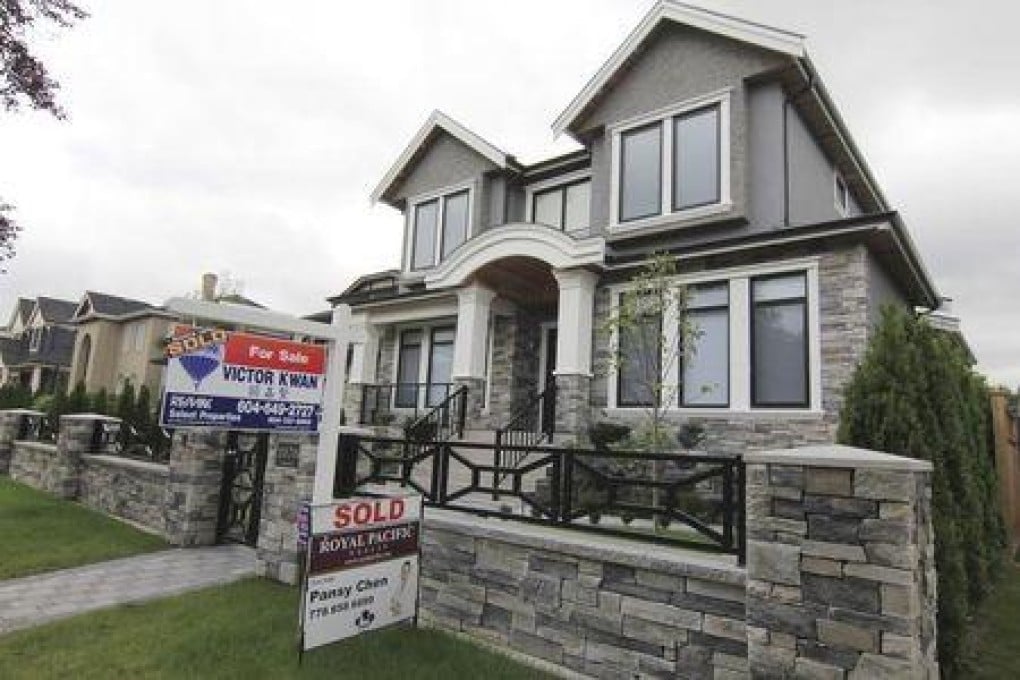The Hongcouver | Why ‘non-Anglicised Chinese names’ matter in Vancouver’s housing market: No, it’s not about race

Q: What’s in a name? Specifically, a non-Anglicised Chinese name?
A: Quite a bit more than some in Vancouver might suspect.
Yan looked at all MLS sales of detached houses in three of the city’s expensive Westside neighbourhoods in a six-month period and found 66 per cent of buyers had non-Anglicised Chinese names. Among sales worth C$3 million or more, the proportion of buyers with such names rose to a whopping 85 per cent.
Yan says his findings point to an influx of foreign capital to Vancouver, and that a non-Anglicised Chinese name “may be an indication that an owner may be a recent immigrant to Canada”. For his troubles, Yan has been caught in a storm this week over whether or not his use of such a proxy was racist, and he rejects his critics with some heat.
“My great-granddad paid the head tax,” he told me on Tuesday. “So to somehow use [concerns about] ‘racism’ to protect your privilege? That’s just absurd. This is an almost-uniquely Vancouver reaction.”
